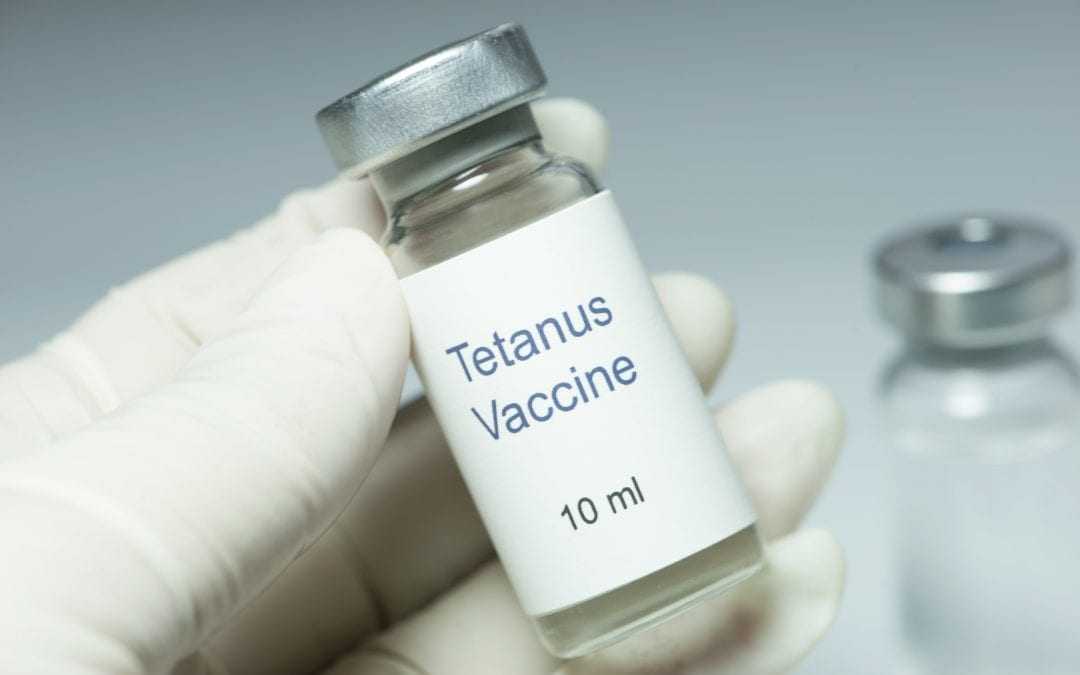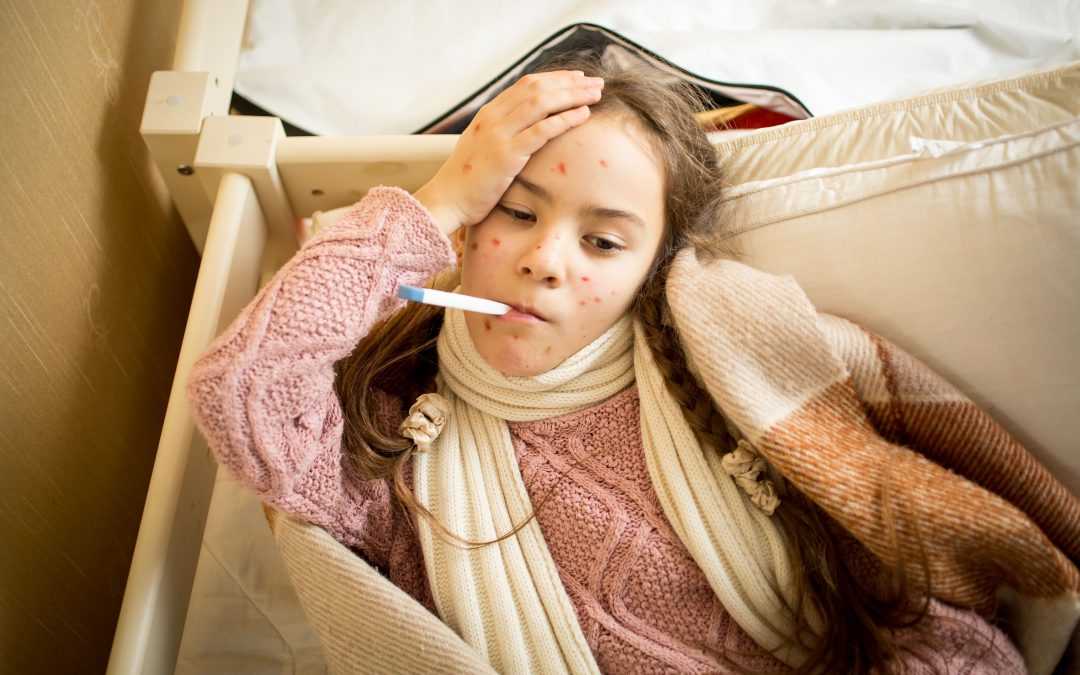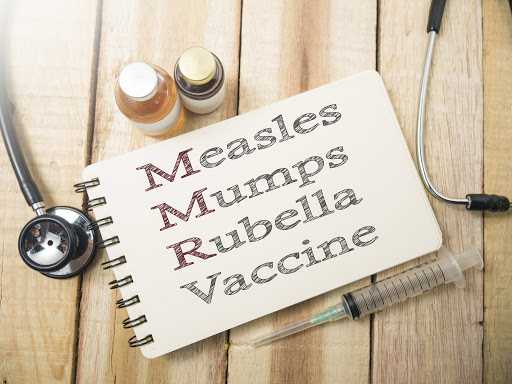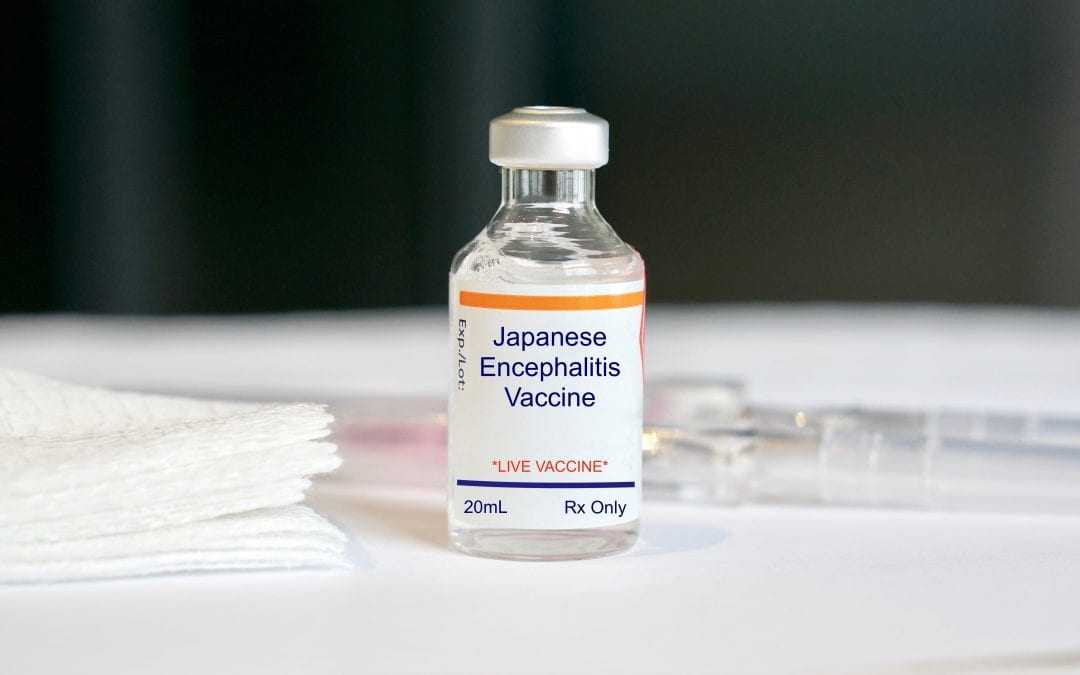
Tetanus, Diphtheria and Pertussis (Tdap)
Tetanus, Diphtheria and Pertussis (Tdap)
What is Tetanus, Diphtheria, and Pertussis (Tdap) and How does it spread?
Tetanus is an illness. Unlike other infections, this can occur after an injury with a contaminated object. It can easily enter the body through often cuts or wounds made by contaminated objects. Diphtheria is a bacterial disease spreads from person-to-person through droplets from coughing or sneezing which can stay on a surface for a long period of time. Pertussis Is Also known as whooping cough, which is a highly contagious bacterial infection. This happens to damage the airway when the bacteria enter the body through the respiratory system and release toxins.
What is Tetanus, Diphtheria, and Pertussis (Tdap) Vaccine and Why should Travelers get the vaccine?
The tetanus vaccine comes in three forms, Tdap (both for adults), and DTaP (for children).DTaP – protects against tetanus, diphtheria, and pertussis, designed for children. Tdap – A booster immunization designed for preteens, teens, and adults. Td – Protects against only tetanus and diphtheria. It is a popular booster for those needing protection against just one type of infection. Tetanus is very dangerous. It can lead to paralysis and sometimes creates difficulty to breathe. Even with intensive care, 10%–20% of people with tetanus die.
Who should get Tetanus, Diphtheria and Pertussis (Tdap) Vaccine
Everybody should be vaccinated, especially if you are a frequent traveler, you should get a tetanus booster every ten years’ time, as these are serious infections which can easily make complications in children, seniors, and everyone. And everyone should get vaccinated up to date on all tetanus, diphtheria and pertussis vaccinations and boosters. People who have never been vaccinated against tetanus need the full course of three shots given a month apart. People who are doing construction work or demolishing buildings should get vaccinated
Tetanus, Diphtheria and Pertussis (Tdap) Symptoms
- Tetanus- Headache, painful muscle stiffness, trouble swallowing, seizures, fever, and high blood pressure.
- Diptheria-weakness, sore throat, fever, and swollen neck glands
- Pertussis –Early symptoms are most dangerous for babies under one year. They get runny nose, fever, cough and pauses in breathing.
What can travelers do to prevent the disease?
- Get medical attention for any wound if it is larger than 5cm, has a jagged edge, has dirt on the surface or if it is caused by a human or animal bite.
- If you get a wound, you need to have a bit of extra care and vigilance because they can easily become infected.






Recent Comments